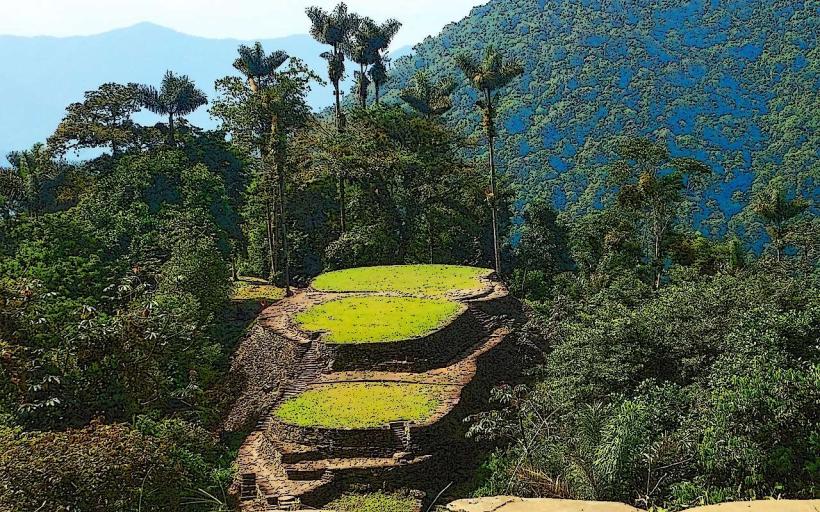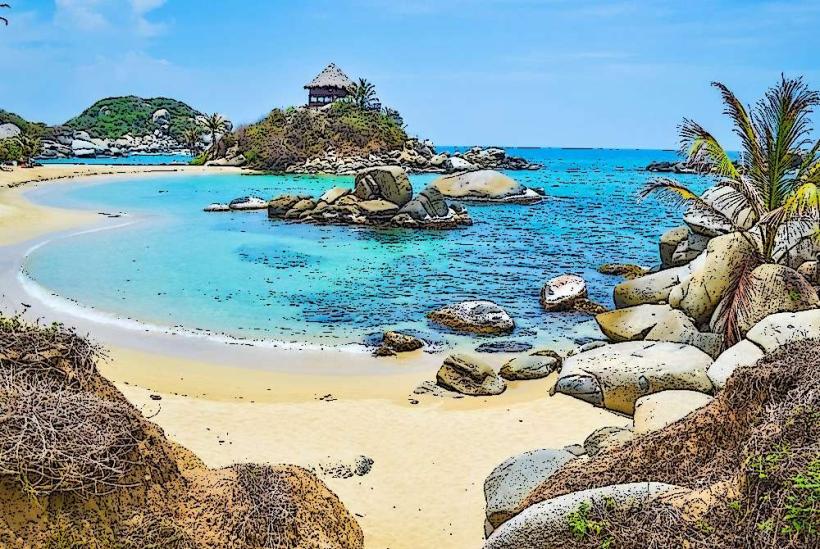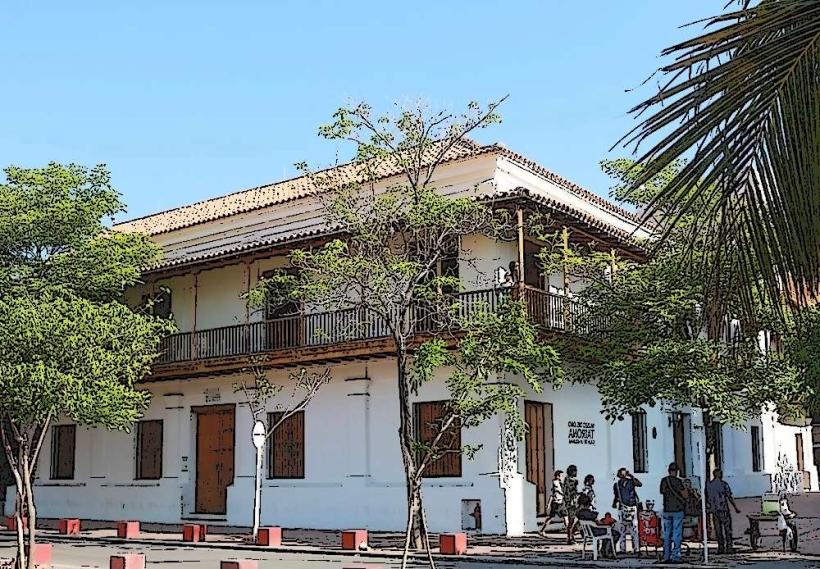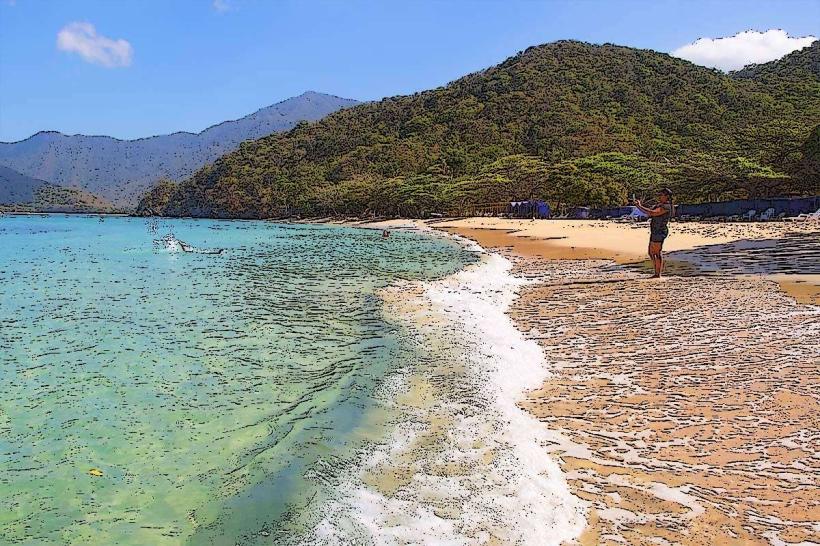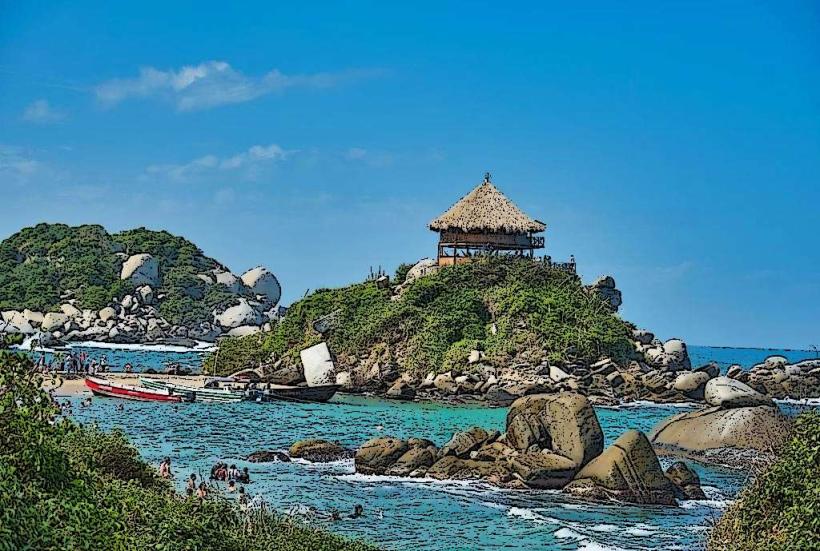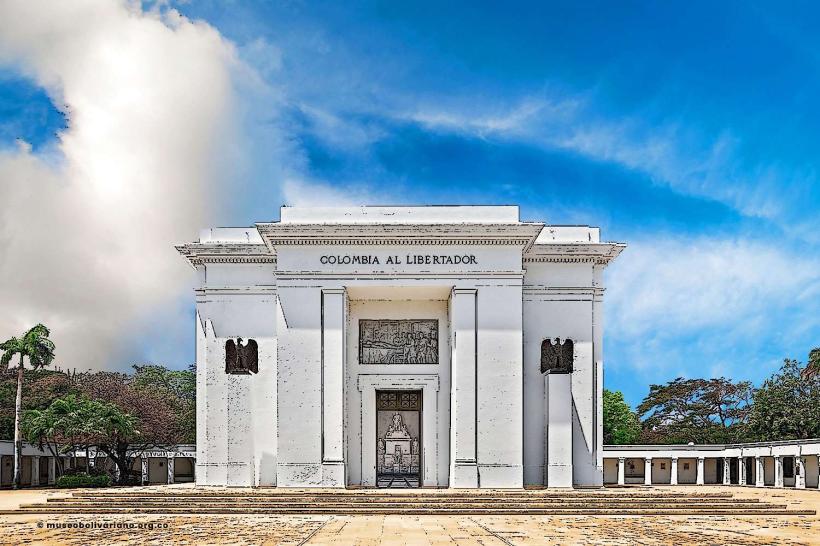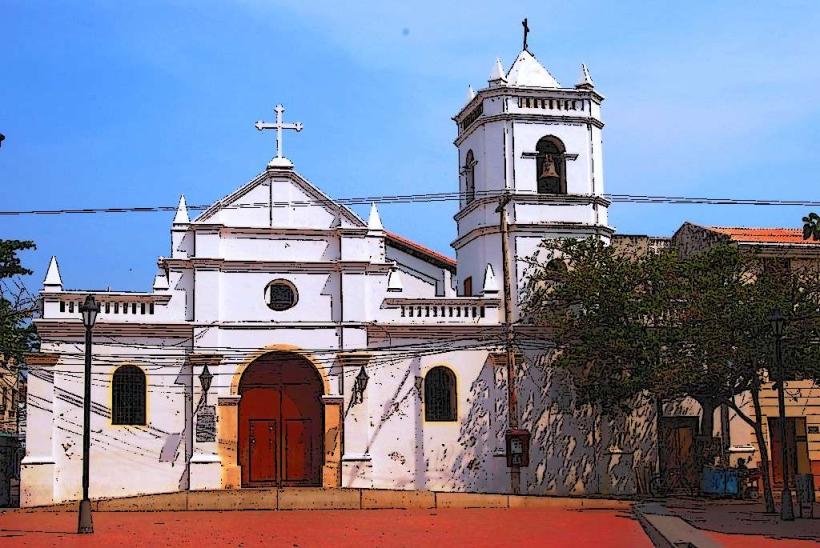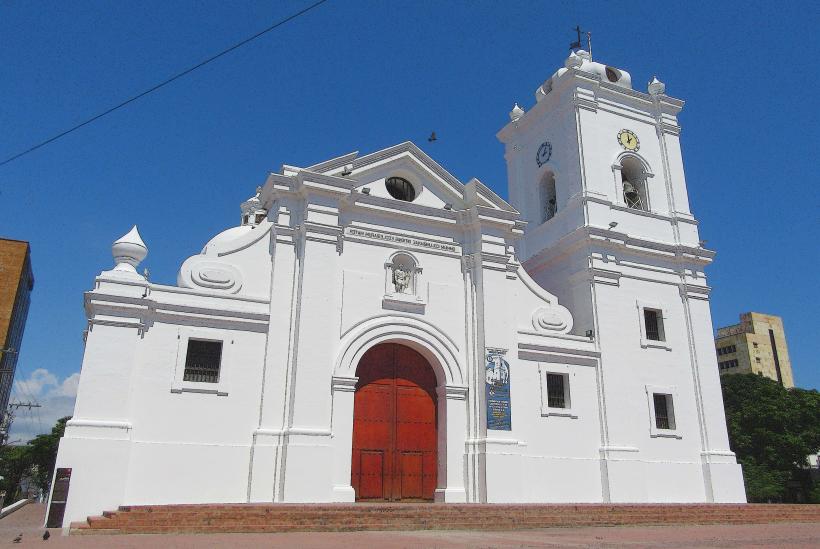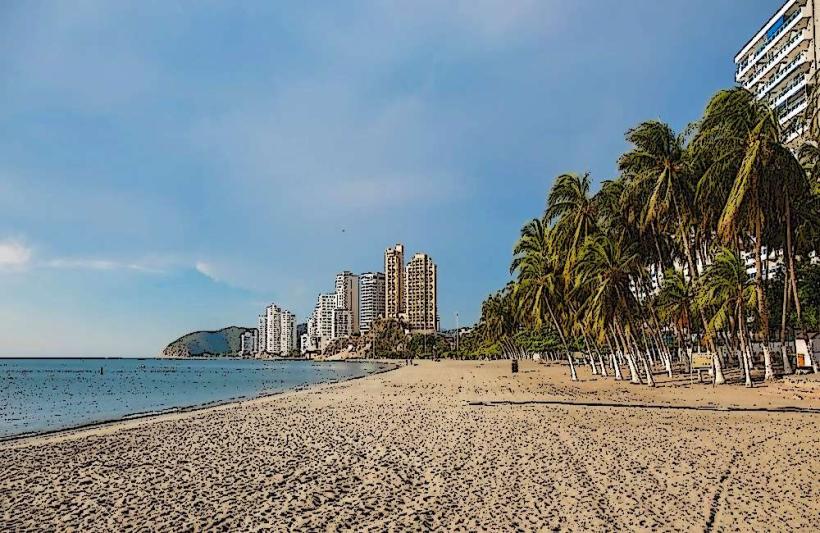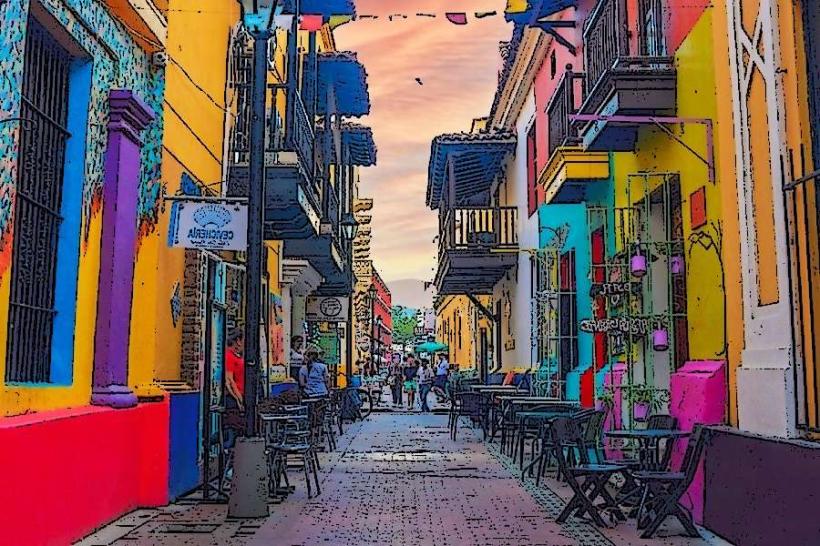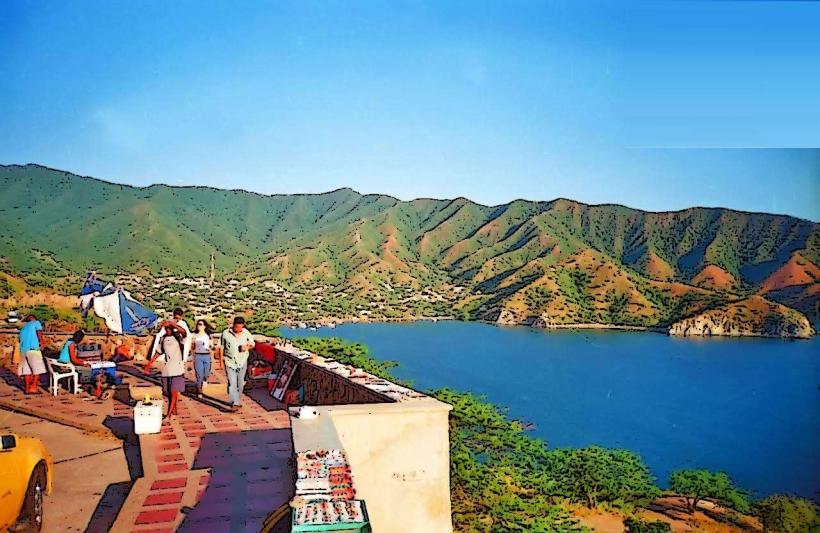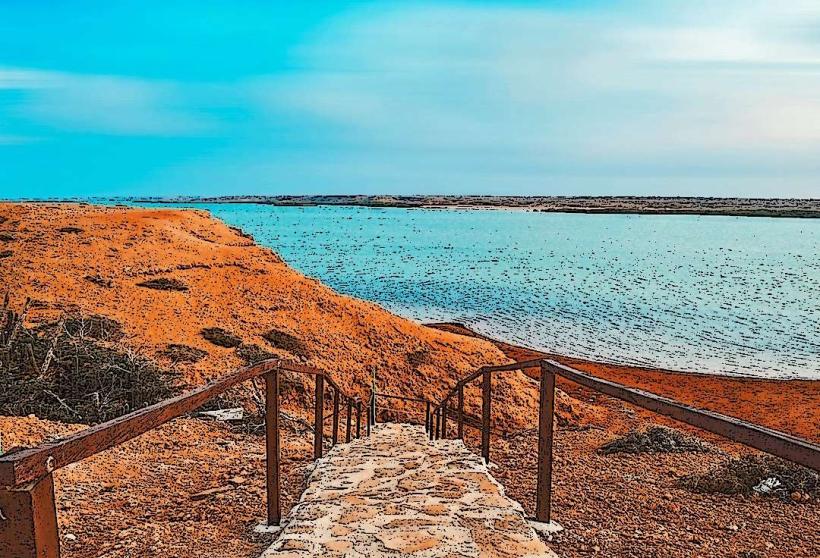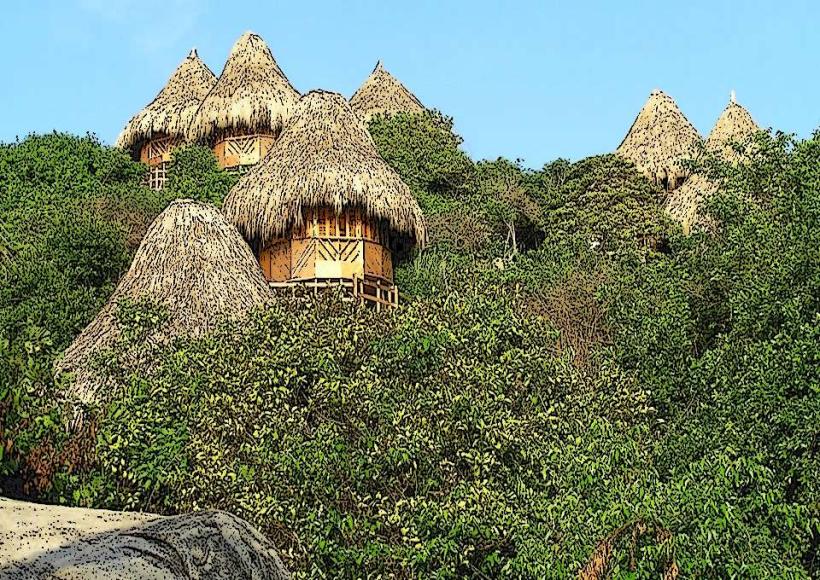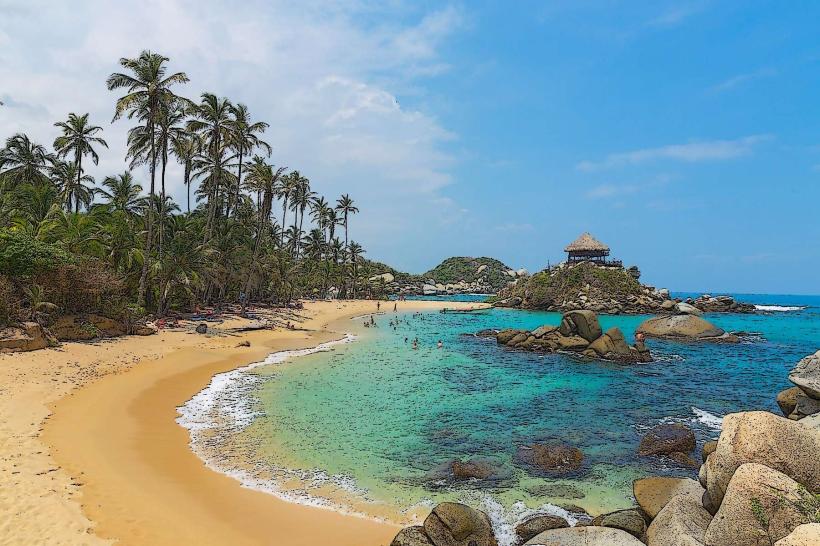Information
Landmark: Museo TaironaCity: Santa Marta
Country: Colombia
Continent: South America
Museo Tairona, Santa Marta, Colombia, South America
The Museo Tairona is an archaeological museum located in Santa Marta, Colombia. It houses artifacts from the indigenous Tairona civilization.
Visual Characteristics
The museum building is a colonial-era structure constructed primarily from coral stone and whitewashed stucco. It features arched doorways and windows, typical of Spanish colonial architecture. The interior exhibits are displayed in a series of interconnected rooms, with artifacts presented in glass cases and on pedestals.
Location & Access Logistics
The Museo Tairona is situated in the historic center of Santa Marta, at Carrera 2 No. 16-42. It is approximately 1km from the main port and 17km from Simón Bolívar International Airport (SMR). Limited street parking is available in the vicinity, and several local bus routes pass within a 5-minute walk of the museum. Taxis and ride-sharing services are readily available throughout the city.
Historical & Ecological Origin
The building itself dates back to the 17th century and served various administrative and residential purposes during the colonial period. It was later repurposed as a museum to preserve and display the archaeological findings from the Tairona culture, which flourished in the Sierra Nevada de Santa Marta mountain range prior to the arrival of Europeans.
Key Highlights & Activities
Visitors can examine a collection of pottery, gold artifacts (including tumbaga), stone tools, and ceremonial objects. The museum offers displays detailing Tairona social structure, agricultural practices, and religious beliefs. Informational panels are provided in Spanish and English.
Infrastructure & Amenities
Restrooms are available on-site. Limited seating is provided within the exhibition rooms. Cell phone signal (4G) is generally consistent within the museum. No food vendors are located directly within the museum; however, numerous restaurants and cafes are present in the surrounding historic district.
Best Time to Visit
The museum is typically less crowded during weekday mornings. Midday can be warmer, making early morning or late afternoon visits more comfortable. The best months for visiting Santa Marta, and by extension the museum, are generally December through April, which represent the dry season.
Facts & Legends
A notable artifact displayed is a gold pendant depicting a cacique (chief) adorned with intricate details, representing the Tairona's advanced metallurgical skills. Local lore suggests that the museum building itself was once a stronghold for Spanish officials during periods of unrest.
Nearby Landmarks
- Parque de Los Novios (0.2km West)
- Cathedral Basilica of Santa Marta (0.3km Northwest)
- Museo del Oro Tayrona (0.4km West)
- Plaza Simón Bolívar (0.5km West)
- Bahía de Santa Marta (0.8km Northwest)

